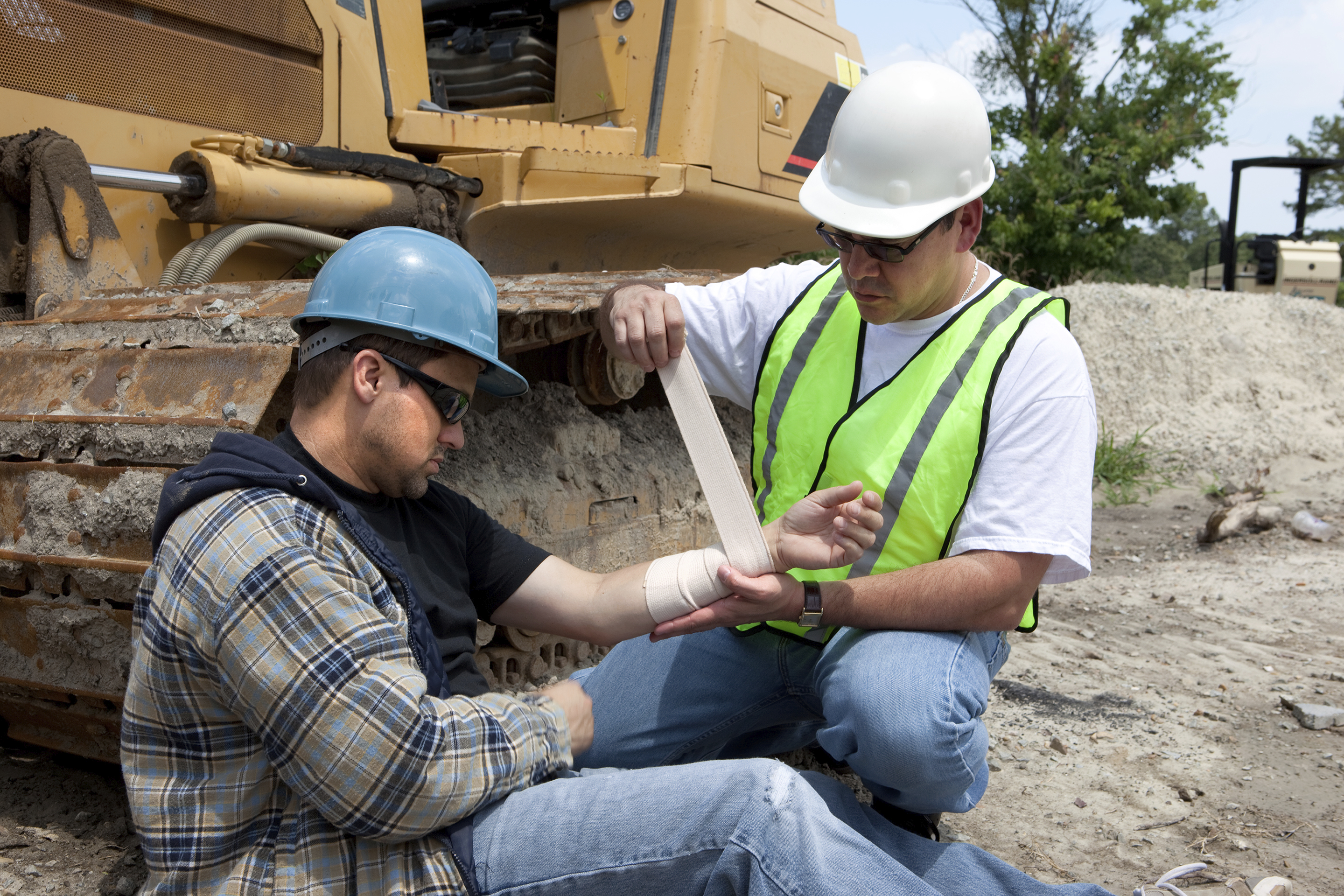
The next day, when he told his employer he couldn’t walk (much less work), he was fired. That month, the worker became homeless when he couldn’t afford his rent. He didn’t have the surgery he needed until 15 months later (paid for by his attorney). He was jobless, homeless and disabled.
Injured Worker Fired, Then Denied Workers’ Compensation for His Injury
The worker soon found out that his former company did not have workers’ compensation. He, and many other employees like him, did not realize Texas is one of only two states in the nation that does not require companies to provide workers’ comp. Approximately 470,000 workers in Texas are out of luck if they sustain a workplace injury. He later told a reporter with the Houston Press he was confused why the company would hire him if it could not afford to take care of him.
Most companies carry non-subscription policies, such as the former company of the injured worker. These types of insurance policies allow employers to create their own rules. In this instance, the worker was required to report his injury by the end of his shift, rather than the 30-day deadline workers’ comp requires. Additionally, a supervisor is required to attend the worker’s doctor appointments for “personalized attention.” Moreover, the benefits are only given for 50 to 120 weeks, though most workers’ comp plans extend to 401 weeks or possibly a lifetime. Worst of all, there is nothing stopping employers from firing workers once an injury is reported, as the worker who tore his meniscus quickly found out.
In the injured worker’s case, his employer’s insurance responded to his injury claim with “Your knee ‘giving out’ does not meet the definition of an accident, nor does it meet the definition of an injury.” This benefits claim denial caused the worker to sleep in the storage closet of his church for two years. Though he did find a lawyer who worked on contingency and was awarded $268,000, he did not receive that money for 33 months.
Texas Employers Need to Be Held Accountable for Unsafe Working Conditions
In this particular case, the injured worker was lucky enough to eventually receive benefits for his injury. However, it is fairly common for most employees who sustain a workplace injury to lose their jobs, their health insurance and a denial for their workers’ comp benefits in one fell swoop. Ultimately, according to the Houston Press, most injured Texas workers file Medicare for financial assistance in receiving the treatment they need. This diverts all costs from employers to everyday tax payers. Texas workers and residents deserve better than the current opt out law.
The Law Offices of Aaron Allison is a personal injury firm that helps workers who are injured on the job, as well as other accident victims in the Austin area.





